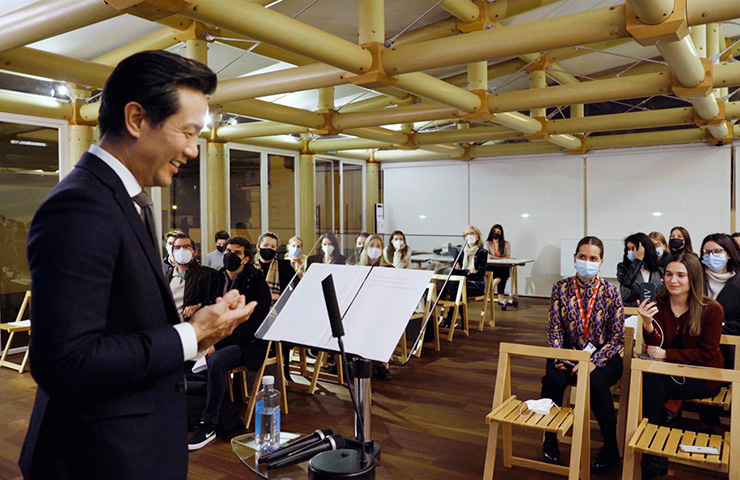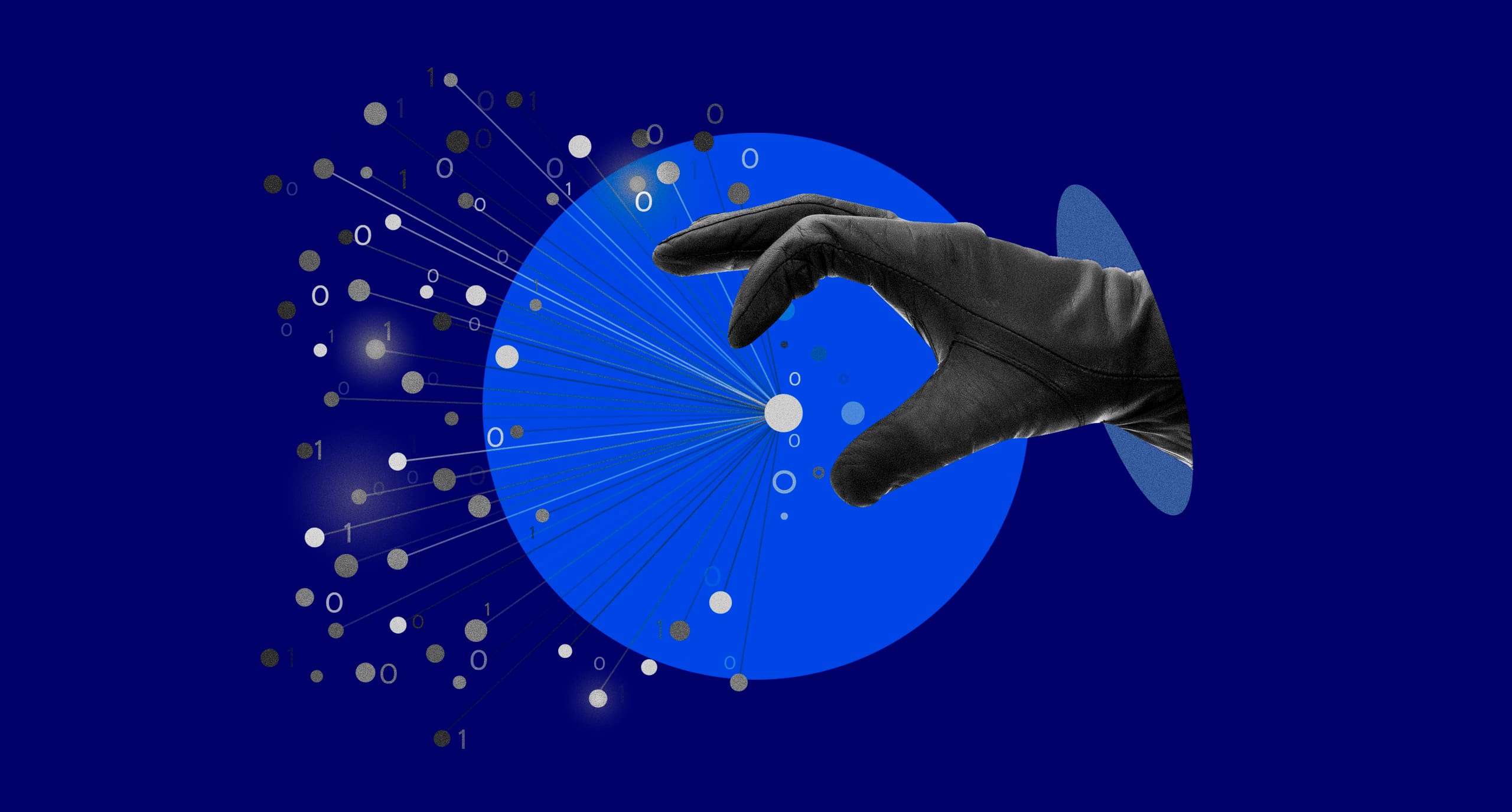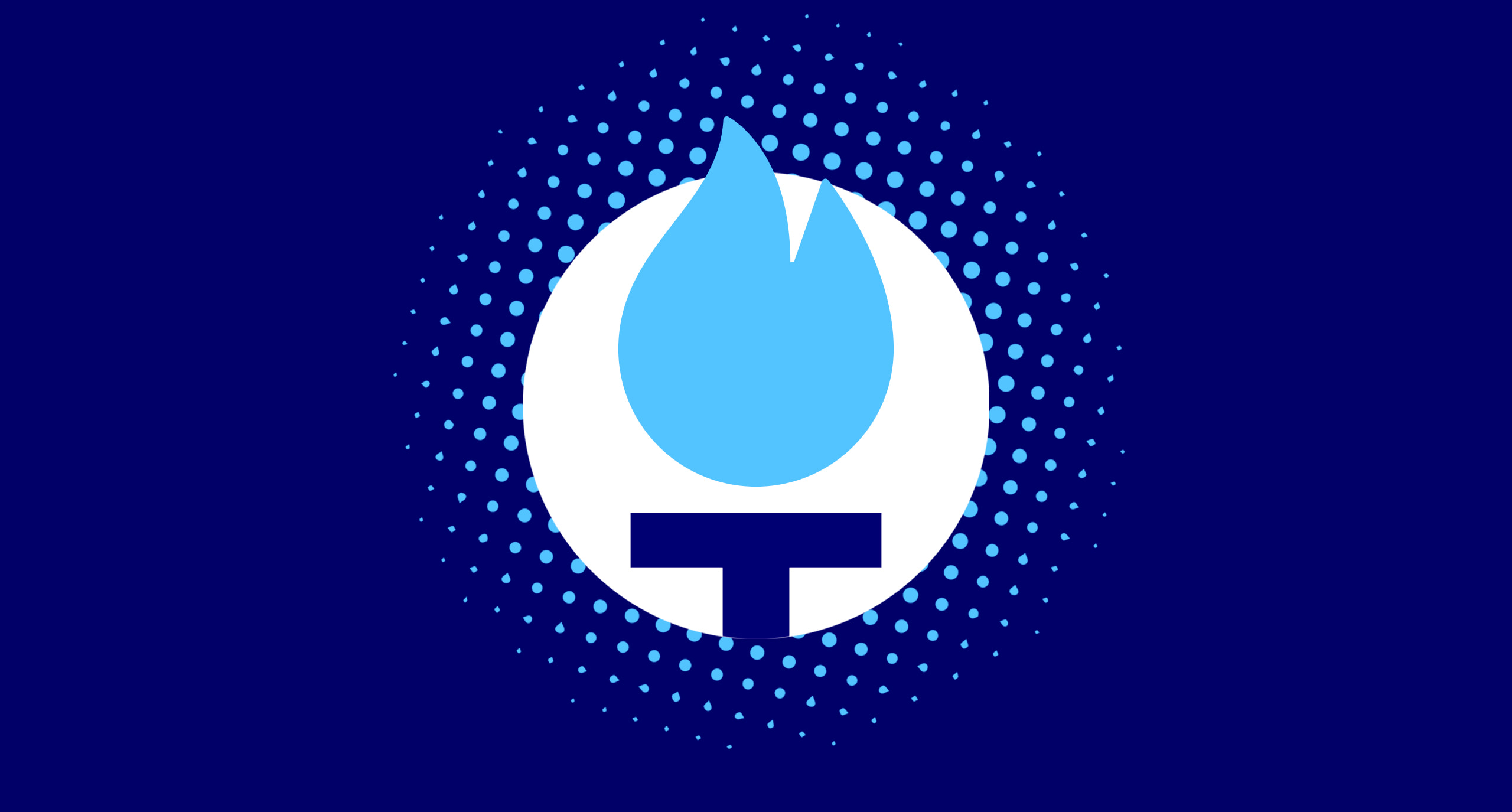I am here today to tell you that the future of the world is yours—to shape, to share and, some may say, to save.
In the opening words of The Noble Profession, a brand-new lecture that premiered at IE University’s Paper Pavilion in Madrid, Tai-Heng Cheng spoke directly to the lawyers of tomorrow. With an audience primarily made up of IE Law School students, he was in no doubt that a new generation of leading practitioners were sitting in the room before him. Throughout the 90 minutes that followed, a wealth of anecdotes and advice from his accomplished career sent a powerful message: the future frontline of international arbitration lawyers will be the authors of the next chapter in our history.
As one of the top ten arbitrators in the US and Latin America, Tai-Heng is one of the most qualified and respected voices on matters of international law. Frequently quoted in major publications such as The New York Times and Wall Street Journal, he is the trusted legal counsel of many companies and has advised governments, policy organizations, and firms on issues ranging from business disputes to foreign affairs. Today, he is the Global Co-head of International Arbitration and Trade at Sidley Austin LLP, New York.
Having witnessed the globalization of the arbitration profession first-hand, Tai-Heng’s experience was the ideal starting point for Rethinking Law, a returning series that looks at the transformation of the legal industry. An initiative of IE Law School’s future-focused Master of Laws (LL.M.), this lecture series brings in top professionals with first-hand experience of today’s legal sector, connecting students with leading experts and scholars before they even graduate.
Through the lens of his influential and varied career, Tai-Heng took us on a tour of international law in three parts: the past, the present, and the future.
Lessons from the past: the making of a world-renowned arbitrator
Beginning his training at Oxford University before pursuing further studies at Yale, Tai-Heng’s academic background exposed him to a variety of theoretical perspectives. As he explained, Yale takes a more policy-oriented approach, asking the big questions and engaging in hypotheticals about the law—what would the law look like on Mars, for example? While inter-spatial law never did become a permanent fixture of Tai-Heng’s repertoire, it’s this kind of thinking that prompted the agile mindset that has made him so successful.
A considerable part of Tai-Heng’s career has been devoted to academia, allowing him to dedicate time to research, teaching, and writing for several notable publications. Not only has this enriched his own legal practice, but his work has also played a role in the outcomes of important international affairs. Tai-Heng highlighted the implications of his book State Succession and Commercial Obligations as crucial reference for the resolution of recent disputes between European nations, as well as for Kosovo’s declaration of independence in 2008.
Of course, the real-world implications of his career don’t end there. As a practitioner, his field work has taken him all over the world into policy offices, high courts, and international headquarters. In one example, Tai-Heng spoke about his role in defending the free press in a lawsuit against the former Albanian government; in another, how fact-finding missions in Turkey, Iran, and Pakistan had shown him relevance of geopolitics for international law.
Inevitably, such extensive past experience has put Tai-Heng in high demand. So, how did he decide which posts to take up? “In 20 years when I retire from law, how do I want to look back on my time? I want to feel that I walked through walls for my clients—and that the people I spent my time with in the office were my tribe.” To get there, he emphasized the importance of defining your priorities. “I encourage all of you to ask yourselves: what are my values? Work for a place that aligns with your values.”
Understanding the present: global trends and international arbitration
With such a rounded career behind him, Tai-Heng has a sharp eye for reading the current landscape—and is a strong believer in the power of law for building solutions. From business relations to international conflict, Tai-Heng was clear that the best legal advice comes from those with a broad view of the world. Tuning into global dynamics, shifts, and developments of today builds the foundation for the expertise that could better our lives tomorrow.
Taking the example of COVID-19 and the ever-present threat of variants, Tai-Heng was adamant about the role of lawyers for blazing the trail towards a virus-free future. Through counsel and policy shaping, he pointed out, lawyers determine access to vaccines. And as the world reopens, regulation around every aspect of our daily lives—from health policy to privacy rights—will present questions that legal professionals must provide the answers to.
Touching on other trends such as environmental strategy and regulating cryptocurrencies, Tai-Heng unraveled the symbiotic relationship at the heart of international arbitration: global affairs shape legal practice, and in turn, lawyers shape global affairs. Aspiring lawyers must be prepared to grapple with issues that exist in uncharted territory. As he reminded us, “You can’t escape the big questions—the smallest tasks as a lawyer engage with the largest questions.” For that, an acute global awareness is a must.
Shaping the future: lawyers’ place in tomorrow’s world
Two decades of experience have made Tai-Heng a seasoned international arbitrator, but he has never lost sight of the importance of young legal talent for bringing fresh perspectives and new ideas. And while our global future may present even greater challenges than the present, Tai-Heng expressed optimism about the future of his profession.
So, what challenges might today’s lawyers-in-training eventually come up against? According to Tai-Heng, the impulse of innovation will inevitably present novel issues for arbitration and legislation. Breakthroughs in AI, digital capabilities, and scientific technologies will demand reform and regulation—and in a globalized world, the impacts will stretch across borders and continents. With that in mind, global awareness and cross-jurisdictional knowledge will set the standard for future arbitrators.
In keeping with a lecture replete with expert insights, Tai-Heng’s parting words were two pieces of actionable advice for success. Firstly, young lawyers must be proactive about the future, staying alert to emerging trends or events that may come to define their practice. Amid a backdrop of globalization, Tai-Heng suggested tracing market growth closely and developing legal acumen to go with it. For the most meticulous lawyers, the rewards will be limitless.
The Noble Profession finished with a grounded reminder. Tai-Heng’s experience was a true testament to the influence that can come with international legal expertise—but he was clear that such influence must be exercised with integrity.

“When you become a powerful lawyer, wield your power well, and always in accordance with your values.”
Initiatives like Rethinking Law are part of IE Law School’s greater aim to bring students the best, most up-to-date legal training. With the Master of Laws (LL.M.), participants can specialize in one of three quickly evolving areas—such as International Dispute Resolution—and prepare to lead the ever-evolving and globalized world of law.
Discover the Master of Laws (LL.M.)
The Master of Laws (LL.M.) at IE Law School transcends the boundaries of traditional legal education, giving you skills for success in an evolving international context.






